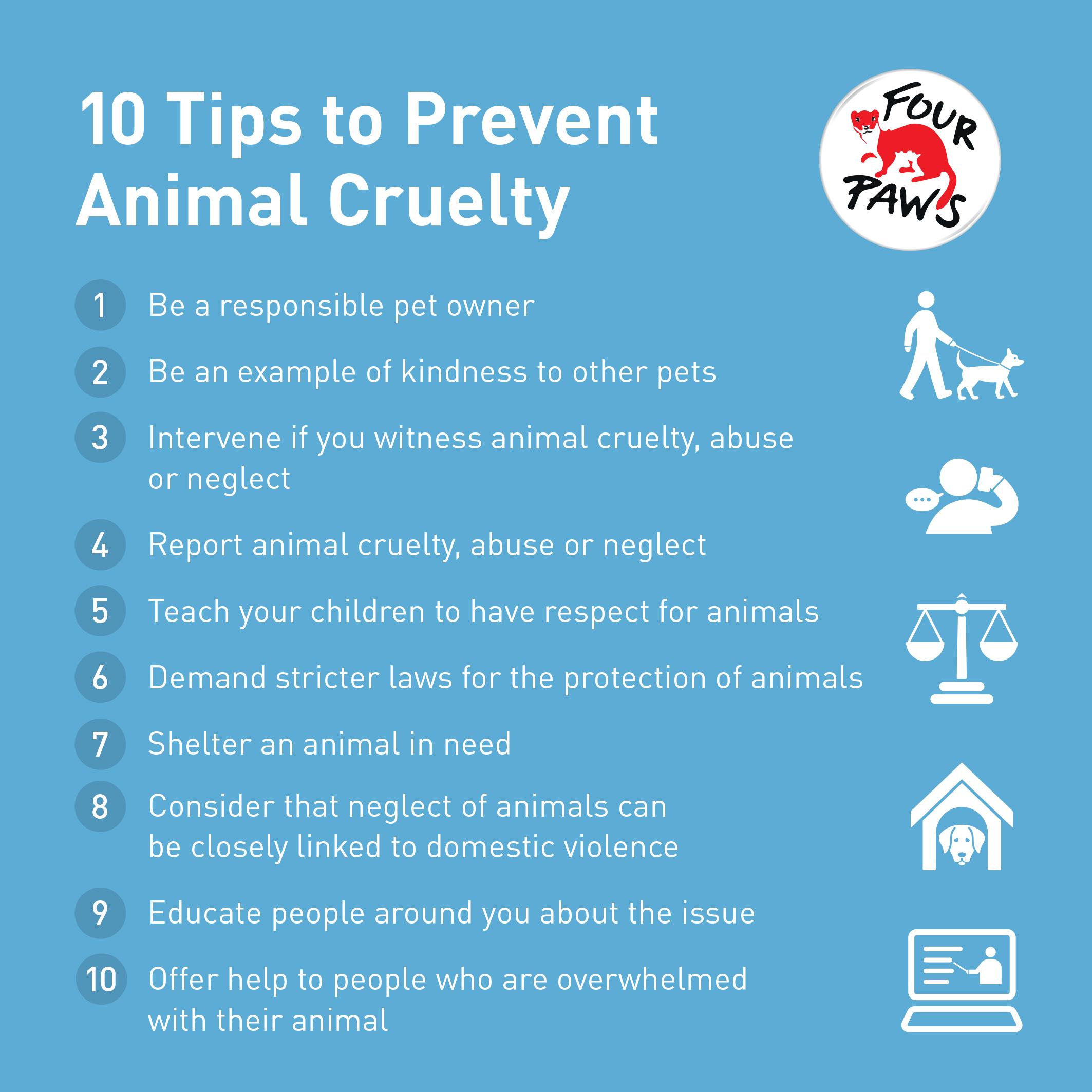In a world where compassion often seems overshadowed by negligence, the plight of animals remains a persistent tragedy. Every day, countless creatures suffer due to cruelty, neglect, and abuse. As stewards of this planet, it is our moral obligation to advocate for those who cannot speak for themselves. Here are ten actionable steps you can take immediately to combat animal cruelty, empowering not just the animals but also fostering a culture of empathy and respect.
1. **Educate Yourself and Others**
Knowledge is a powerful tool in the fight against animal cruelty. Begin by immersing yourself in literature, documentaries, and credible online resources that shed light on the various forms of animal abuse. Understanding the nuances of issues such as factory farming, puppy mills, and animal testing can equip you with the necessary insights. Share this information with friends, family, and social networks. By fostering dialogue, you not only raise awareness but also challenge the status quo.
2. **Adopt, Don’t Shop**
One of the most poignant ways to make a difference is by opting to adopt pets from shelters instead of purchasing them from breeders or pet stores. Shelters are overwhelmed with animals in dire need of love and homes. By adopting, you provide a second chance to a living being that might otherwise face euthanasia. Moreover, this action helps to diminish the demand for commercially bred pets, which often stem from unethical practices.
3. **Support Animal Welfare Organizations**
Animal welfare organizations work tirelessly to protect animals and promote humane treatment. Consider supporting these entities, whether through donations, volunteer work, or participation in local events. Your support can help fund rescue operations, rehabilitation programs, and educational initiatives that serve to inform the public. Every contribution, no matter how small, accumulates to create significant change.
4. **Advocate for Legislative Changes
Engagement in public policy is crucial for enacting systemic change. Familiarize yourself with existing animal protection laws and advocate for stricter regulations where necessary. Write to your local representatives, sign petitions, or participate in rallies. Legislative reforms can enforce better standards of care and punishment for offenders, providing a structured framework for protecting animals from cruelty.
5. **Practice Ethical Consumerism**
The products you purchase can symbolize your values. Be discerning and mindful of the brands you support. Choose goods that are cruelty-free and sustainably sourced. Research brands that engage in ethical practices and boycott those that exploit animals. This conscious consumer behavior not only discourages animal cruelty in industries like cosmetics and clothing but also fuels a growing market for humane alternatives.
6. **Report Animal Abuse**
Witnessing or suspecting animal abuse compels a moral imperative to act. Familiarize yourself with the proper channels to report abuse in your area, whether it be local animal control, law enforcement, or humane societies. Document incidents of cruelty with photographs, videos, and written accounts, as this evidence can be crucial in legal proceedings. Speaking up can save animals’ lives, and your vigilance might just be the catalyst for their rescue.
7. **Encourage Spaying and Neutering**
The relentless cycle of overpopulation leads to untold suffering. Encourage pet owners to spay or neuter their pets to prevent unplanned litters. This practice not only abates the number of homeless animals but also contributes to the overall health and behavioral welfare of pets. Community programs often offer low-cost or even free spaying and neutering services, making it accessible for all pet owners.
8. **Engage in Responsible Pet Ownership**
Owning a pet is a substantial commitment that extends beyond simple companionship. Ensure you are equipped with the knowledge and resources to care for your pet properly. This includes providing adequate nutrition, regular veterinary check-ups, exercise, and affection. By modeling responsible pet ownership, you inspire others to do the same, thereby cultivating a community that values animal welfare.
9. **Participate in Local Animal Rights Events**
Engaging with a community of like-minded individuals can invigorate your activism. Attend local animal rights marches, fundraisers, and awareness campaigns. These events not only amplify your voice but also connect you with organizations and individuals striving for similar goals. Together, collective action can exert pressure on local governments and businesses to adopt humane practices.
10. **Promote Compassionate Education in Schools**
Instilling values of empathy and kindness in the younger generation is pivotal. Advocate for the inclusion of animal welfare education in school curricula. Programs that teach children about respect for all living beings can shape a more compassionate future. Encourage your local schools to host workshops or presentations focused on animal rights, fostering a sense of responsibility and awareness from a young age.
In sum, helping to stop cruelty towards animals is not merely an act of kindness; it is a fundamental responsibility we share. Each of these steps, when embraced by individuals, creates a ripple effect that transforms societal attitudes toward animals. The future of countless creatures depends on our ability to rise and advocate for them. By integrating these principles into daily life, we not only foster a world where animals can live without fear but also cultivate a deeper connection with the living beings that share our planet. It’s time to act, to speak, and to initiate a profound shift in perspective regarding animal welfare. Together, we can forge a compassionate world.








